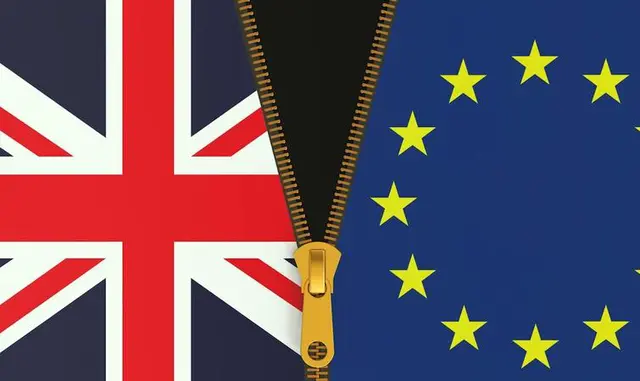US Defense Secretary Jim Mattis on Sunday insisted the warming inter-Korea ties had not driven a wedge between Washington and Seoul and that it was too early to tell whether a diplomatic detente between Seoul and Pyongyang at the Winter Olympics would lead to results.
Speculations grew as the US and its ally seem to take different approaches to the warming inter-Korea ties.
Moon has been pursuing a diplomatic solution to end the standoff over Pyongyang's nuclear and missile programs.
The president has basically accepted an invitation from Kim Jong Un to visit Pyongyang, the presidential office said.
DPRK's nominal leader, Kim Yong Nam, reacts as he watches DPRK's Samjiyon Orchestra's performance with ROK President Moon Jae-in, his wife Kim Jung-suk, and Kim Yo Jong, the sister of Kim Jong Un, in Seoul, Feb. 11, 2018.
On Saturday, Kim's younger sister, Kim Yo Jong, delivered the verbal message to Moon during a bilateral meeting in Seoul, setting the stage for the first meeting of Korean leaders in more than 10 years.
Moon also dismissed Japanese Prime Minister Shinzo Abe's call to resume the military drills between Washington and Seoul. Moon told Abe it is a Republic of Korea (ROK) domestic affair and Abe's suggestion is a violation of sovereignty.
Washington, however, pushed a hard line of exerting maximum pressure on Pyongyang through tough sanctions and harsh rhetoric, demanding it give up its pursuit of nuclear weapons first for any dialogue to occur.
US Vice President Mike Pence said before leaving for the PyeongChang Olympics opening ceremony he would not seek meetings with officials from Pyongyang.
Kim Yo Jong and Kim Yong Nam sit behind US Vice President Mike Pence at the opening ceremony of the 2018 Winter Olympics in PyeongChang, Feb. 9, 2018.
After his three-day stay in the South and zero interaction with Kim Jong Un's younger sister at the Olympics opening ceremony, Pence said US allies Japan and the ROK are firm in isolating the North economically and diplomatically until Pyongyang gives up its nuclear program.
"On a political level in Seoul, there is no wedge that can be driven between us by North Korea (DPRK)," Mattis said, echoing comments made by Pence.
"It is too early to say if... using the Olympics in a way to reduce tensions, if that is going to have any traction once the Olympics are over, we can't say right now," Mattis stressed.
US Defense Secretary Jim Mattis greets ROK counterpart Song Young-moo at the top of their meeting in Hawaii, Jan. 27, 2018.
"In the midst of all this, he ran a military parade that highlighted his ballistic missiles. That is a very strange time, if in fact he is trying to show a warming," Mattis said, referring to Kim Jong Un.
Pyongyang conducted its largest nuclear test last year and in November tested its most advanced intercontinental ballistic missile that experts said has the range to reach anywhere in the United States.
(REUTERS)
 简体中文
简体中文



